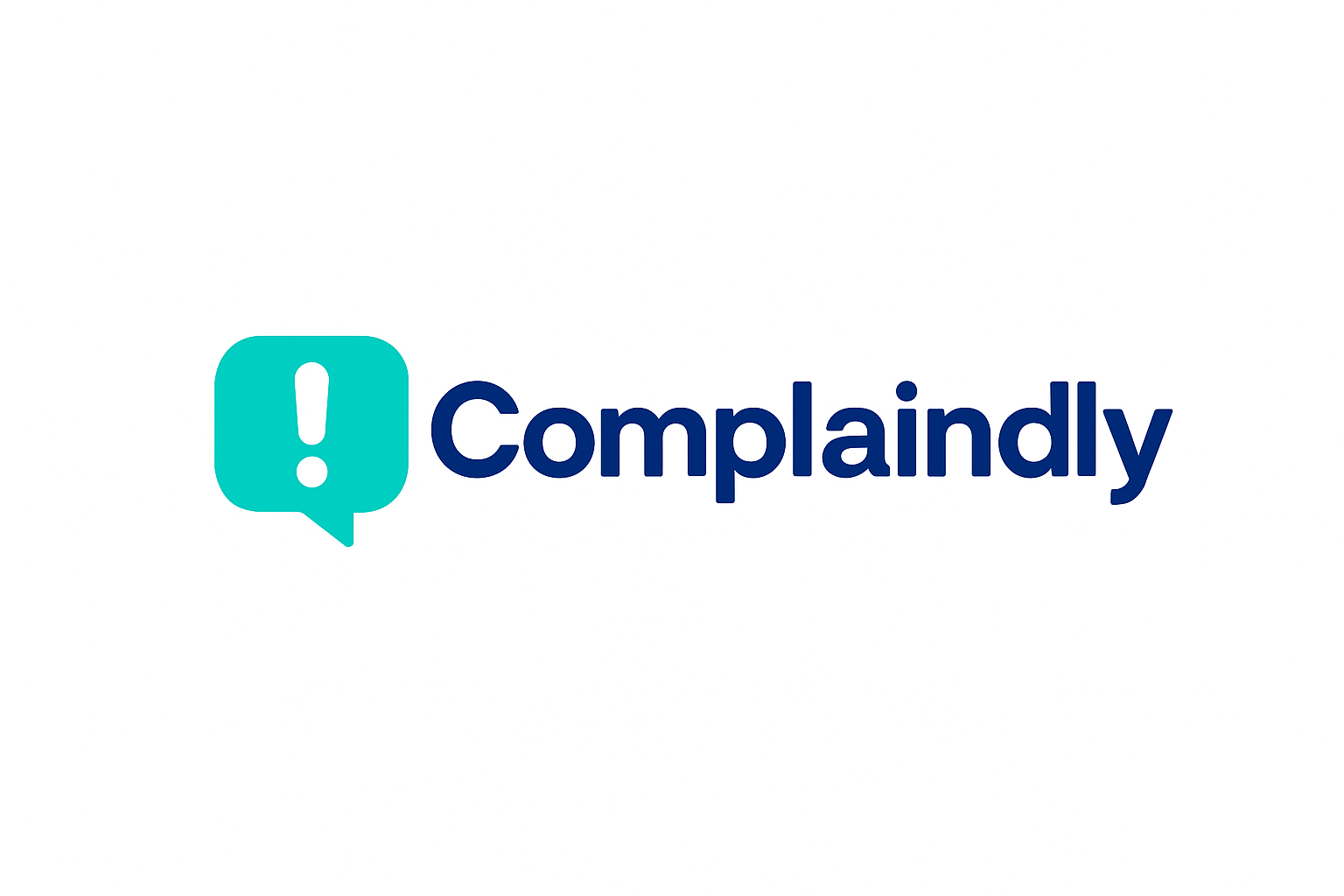Knowing the distinction between sequestration vs debt review is essential if you’re having financial difficulties in South Africa. The main difference between debt review and sequestration is how you handle creditors. When a judge finds you insolvent, your possessions may be liquidated to cover your debts. This is known as sequestration.
Working with a debt counselor, you can restructure your debt and pay it off over time without losing your assets by going through a debt review procedure. Your salary, your financial status, and the things you wish to safeguard will all play a role in your decision.
Sequestration vs Debt Review
Sequestration vs debt review is about timing, control, and consequences. Sequestration gives the courts control over your financial affairs. The court designates a trustee to oversee your finances and sell your non-exempt assets to satisfy creditors once you are deemed insolvent.
Reviewing your debt helps you stay in control. You offer to pay off your obligations over time in installments. In order to reduce your monthly payments, your debt counselor bargains with your creditors. You maintain your steady income and prevent asset loss.
See also: How to remove debt review status
A formal statement that you are unable to pay your debts is called sequestration. Sequestration may seem like the only option if your debt exceeds your income and your creditors are contacting you on a regular basis. Since creditors can no longer actively pursue you, it provides instant respite from the burden of debt. But there are long-term repercussions. Your credit record will be impacted for years if you are designated as insolvent. Certain assets, such as real estate or automobiles, can be sold, making it more challenging to get credit in the future. Sequestration is similar to resetting your budget, however it causes some things to be lost.
Reviewing debt is less dramatic. A certified debt counselor oversees it. After evaluating your earnings and outlays, they develop a plan that enables you to settle your debt over a predetermined time frame. Your payments are kept modest because creditors agree not to impose extra interest or fees. You can continue to use your money sensibly while safeguarding your assets with a debt review. Being under debt review is preferable than being insolvent, according to your credit record. Although the process is planned and structured to aid in your financial recovery, it may take several years.
Being truthful about your financial condition is necessary while deciding between sequestration vs debt review. Sequestration can be your only practical choice if your income is really low and your debt is excessive. It’s final, and you have to acknowledge that some assets might be liquidated to pay off debts. The safer choice is debt review if you can manage monthly payments with some rearrangement and have a steady source of income. It gives you some financial flexibility while letting you keep your assets and pay off your debt over time.
Predictability is one of the benefits of debt review. You are fully aware of the amount and duration of your monthly payments. Stress is decreased by the debt counselor managing correspondence with creditors. Additionally, you steer clear of legal action that can result in garnishee orders or asset loss. Although sequestration offers temporary respite, it cannot be reversed. You are unable to seek for credit or obtain loans after being declared insolvent until the insolvency is lifted. A debt review offers a chance to get your money back while maintaining control over your life.
In South Africa, sequestration is accomplished by submitting a petition to the court. You may also be declared insolvent by your creditors. A trustee is chosen and your assets are listed when the court gives its approval. To settle debts, non-exempt assets are sold. It is a very structured, legal, and formal process. In contrast, debt review is an administrative process. You get in touch with a certified debt counselor, who evaluates your financial status and makes a proposal to your creditors. The plan is put to a vote by creditors, and if approved, the debt review period starts. The debt counselor keeps an eye on the payments.
The societal and personal effects of debt review and sequestration are also different. Relationships both personally and professionally may suffer as a result of the stigma associated with being declared insolvent. Debt reviews are less invasive and less public. Although it does not have the same legal designation as insolvency, creditors are aware that you are under debt review. Because you are actively managing your debt, debt review enables you to uphold your reputation for responsibility. When all other choices have been exhausted, sequestration is a useful but heavier step.
Asset protection is another important distinction. While sequestration puts your assets at danger of loss, debt review protects them. Property, cars, and household goods may be exempt, but significant assets would have to be sold. Repaying creditors without liquidating your assets is the ultimate objective of debt review. You keep paying your bills, driving your car, and residing in your house. Because the trustee has authority over your financial decisions, sequestration causes a more serious disruption to your life.
When contrasting sequestration vs debt review, timing and urgency are equally important. Before creditors file a lawsuit, a debt review might begin. Court cases, garnishee orders, and other legal annoyances are avoided. When legal action is already underway or debt has grown to unmanageable proportions, sequestration is frequently the last option. While sequestration offers finality and legal protection from creditors, debt review buys time and provides structure.
Both choices need to be carefully thought out. It’s a good idea to speak with an expert, such as a financial advisor or debt counselor. Determining the best course of action requires knowledge on your monthly income, expenses, and total debt. For people who can commit to making regular payments over a few years, debt reviews are most effective. Sequestration is for people who can’t really pay their debts without suffering severe repercussions. Your decision will have long-term effects on your peace of mind, finances, and credit history.
In conclusion, control vs legal finality is the key difference between sequestration and debt review. While sequestration eliminates creditor claims but runs the risk of asset loss and long-term credit difficulties, debt review permits restructuring and asset protection. Although the methods are different, both routes offer ways to deal with excessive debt. Anyone in South Africa who is experiencing severe financial strain must comprehend the ramifications and outcomes.
Disclaimer: The information provided in this blog is for educational and informational purposes only and should not be considered financial, investment, or legal advice. I am not acting as your financial advisor. You should always do your own research or consult with a qualified professional before making financial decisions.


